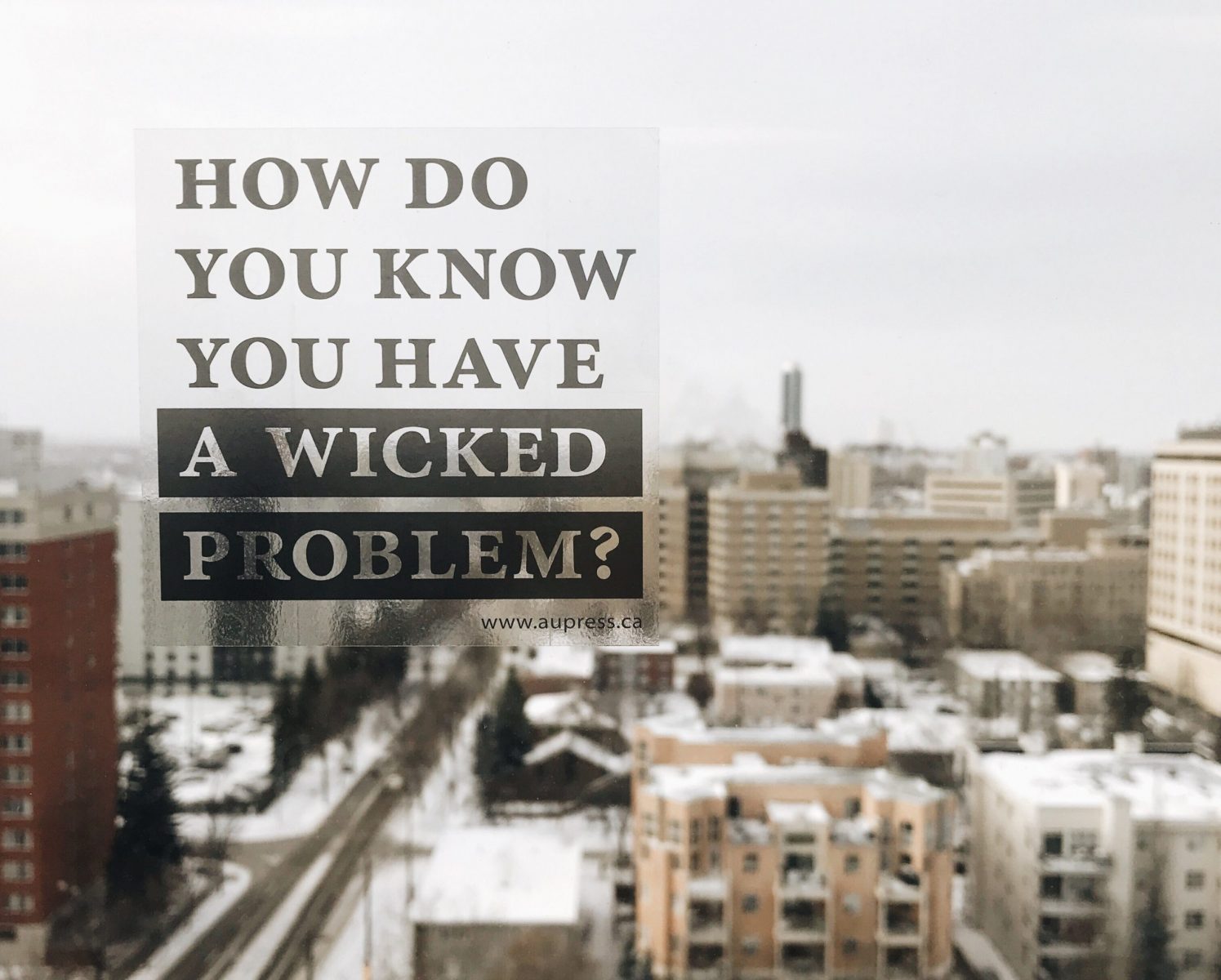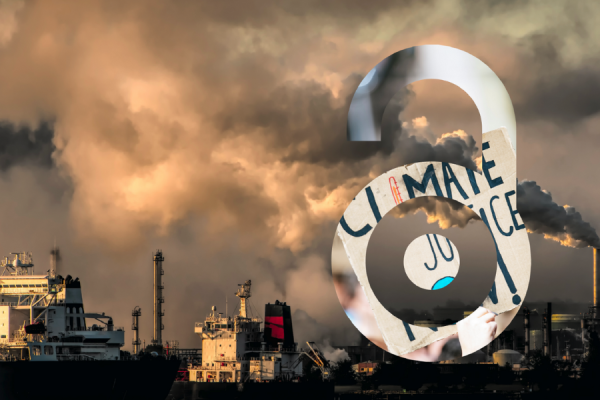A wicked problem has nothing to do with witches of the west or evils that may lurk in the world (fantastical or otherwise). It’s a difficult or maybe even impossible problem to solve. Our forthcoming book, Public Deliberation on Climate Change, helps readers determine what a wicked problem is and outlines how to engage communities in the work of untangling them. The contributors to this book share how they’re tackling the issue of climate change through public deliberation, a guided process that engages participants who hold a variety of values and varying degrees of expertise.
Public deliberation is a tool used to advance conversations and build capacity for understanding and solving wicked problems. We’re sharing a quick checklist that will help you determine whether you have a wicked problem (come on, don’t we all?) and how public deliberation can help.
You have a wicked problem if
the problem is as difficult to define as the solution.
the problem cannot be contained in a single space, it crosses jurisdictional boundaries.
you can describe the problem as the symptom of another problem.
people talk about proposed solutions as either “good” or “bad,” not “right” or “wrong.”
your stakeholders all have different views, interests, and goals.
you cannot tell when you have found a solution that will work because there is no way to conceive of all of the causal links between the problem and the proposed solution.
attempts to address the problem produce unforeseen consequences that are nearly impossible to predict.
addressing it would require coordinating the efforts of many social groups.
addressing it would require people and organizations to change their behaviour.
the problem persists despite attempts to solve it.
Source: Rittel, Horst W. J., and Melvin M. Webber. 1973. “Dilemmas in a General Theory of Planning.” Policy Sciences 4 (2): 155–169.
 If you checked one or more of these boxes, you have a wicked problem. Solving a problem with no solution is daunting but, as the contributors to Public Deliberation on Climate Change affirm, public deliberation can empower people to take action. As David Kahane and Gwendolyn Blue put it, “Public deliberation is debate and discussion aimed at producing reasonable, well-informed recommendations and plans for action, rooted in the values of participants.” Start your public deliberation toolbox by pre-ordering Public Deliberation on Climate Change from our distributor.
If you checked one or more of these boxes, you have a wicked problem. Solving a problem with no solution is daunting but, as the contributors to Public Deliberation on Climate Change affirm, public deliberation can empower people to take action. As David Kahane and Gwendolyn Blue put it, “Public deliberation is debate and discussion aimed at producing reasonable, well-informed recommendations and plans for action, rooted in the values of participants.” Start your public deliberation toolbox by pre-ordering Public Deliberation on Climate Change from our distributor.


